Tax Guide
Tax Guide
Personal Income Tax
Liability to tax depends on the concept of residence, and there is a liability to income tax if an individual is present in Thailand for at least 180 days or more in a tax year. Individuals and ordinary partnerships are liable to pay personal income tax in graduated rate bands of 0%-35% of net income.
Tax is due on all forms of income earned in Thailand. The income liable to tax is income from all sources, less allowable expenditure and personal allowances.
Corporate Income Tax
Corporate income tax is payable by companies and registered ordinary or limited partnerships. It is imposed on the net profits of a business during a tax year, after deduction of permitted depreciation and allowable expenditure. Tax is payable on the net profits arising from a business carried on. Foreign companies or partnerships are liable to pay tax on income originating in Thailand.
The corporate tax rate is up to 20% of net income. The tax is paid in two stages. A company must file interim accounts and an interim tax return within two months of the end of the first six months of its accounting period, and pay 50% of the tax estimated to be due. The final accounts and the yearend tax return must be filed within 150 days of the close of the accounting period and the balance of the tax paid, taking into account the interim payment made half way through the accounting year.
Value Added Tax (“VAT”)
VAT is payable on the provision of taxable services by an entity registered for VAT. The Thailand VAT system is very similar to that in the United Kingdom. The main differences are:
- the Thailand VAT rate is a flat rate of 10%, but temporarily reduced to 7% at present; and
- VAT returns are filed and the VAT due is paid monthly, within the 15th day of the month following the month of assessment.
Withholding Tax
Withholding personal income tax must be deducted from an employee’s wages paid by his employer and paid to the Revenue Department on a monthly basis. The system is similar to PAYE in the United Kingdom. Credit is given against the employee’s annual tax bill for any tax earlier withheld and paid.
There are many other occasions when liability to withhold and pay tax arises, for example, on the payment of interest, rent or service fees. When a Thai company pays an invoice for services to another Thai company, 3% of the invoice amount is deducted and paid to the Revenue Department as withholding tax. The issuer of the invoice then has a tax credit for this amount, which he can utilize in his own tax return.
International withholding taxes can also arise
(see below).
Specific Business Tax (“SBT”)
Certain types of business, including banking and pawnbroking, are not subject to value added tax, but are subject to SBT. SBT also arises on the sale of land.
International Withholding Tax Double Taxation Treaties
Foreign entities which do not engage in business in Thailand but which derive income from Thailand are liable to pay international withholding tax, subject to the terms of any double taxation treaty between Thailand and the recipient’s home country.
The tax is due on many types of income including: interest; dividends; capital gains; rental or hire payments and royalties. Though the liability to tax may arise, the recipient may have a tax credit for the tax deducted under the terms of a double taxation treaty between Thailand and the recipient’s home country.
